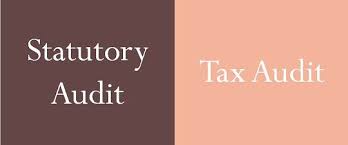For which companies secretarial audit is mandatory?
Companies secretarial audit is mandatory Companies secretarial audit is mandatory, The requirement for secretarial audits varies across jurisdictions, and the specific companies for which it is mandatory depend on the applicable laws and regulations. However, here are some common scenarios where secretarial audit is typically mandated: 1. Listed Companies: In many countries, listed companies… Read More »








